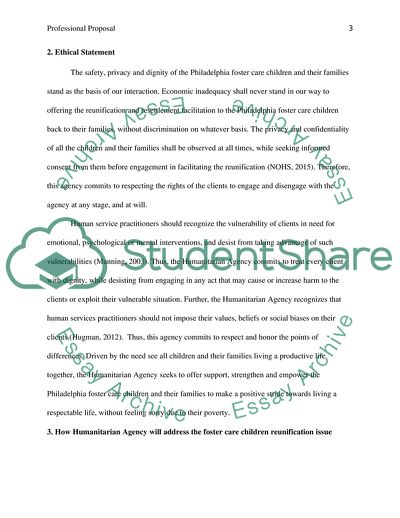Cite this document
(Professional Humanitarian Agency Proposal Thesis, n.d.)
Professional Humanitarian Agency Proposal Thesis. https://studentshare.org/humanitarian/1873562-professional-proposal
Professional Humanitarian Agency Proposal Thesis. https://studentshare.org/humanitarian/1873562-professional-proposal
(Professional Humanitarian Agency Proposal Thesis)
Professional Humanitarian Agency Proposal Thesis. https://studentshare.org/humanitarian/1873562-professional-proposal.
Professional Humanitarian Agency Proposal Thesis. https://studentshare.org/humanitarian/1873562-professional-proposal.
“Professional Humanitarian Agency Proposal Thesis”. https://studentshare.org/humanitarian/1873562-professional-proposal.


